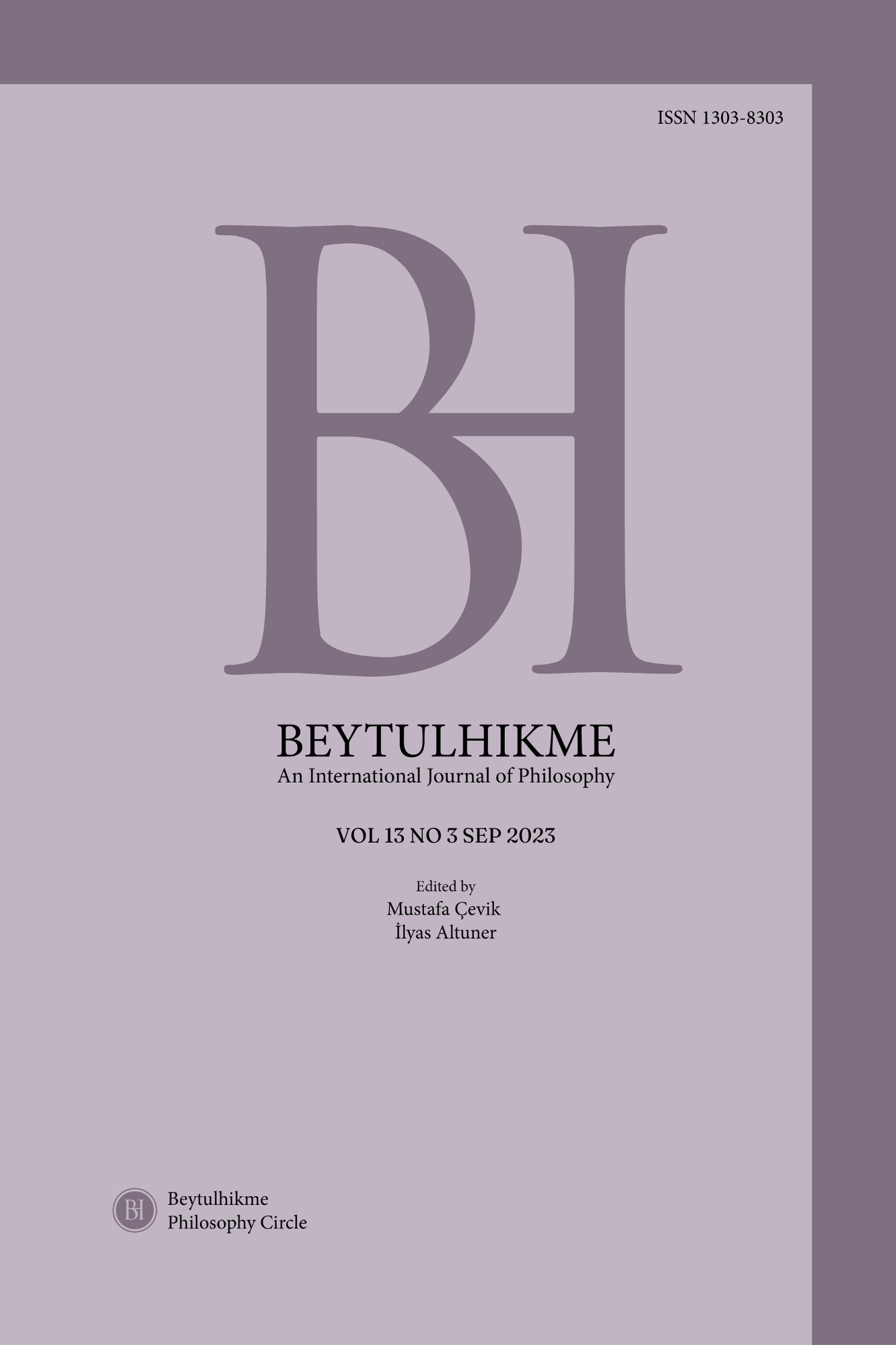Zihin Felsefesinde Düalizmin Çağdaş Kalesi Olarak Nitelik Düalizmi: Töz Düalizmi ile Nitelik Düalizmi Arasında Çok Yönlü Bir Karşılaştırma
Author :
Abstract
Çağdaş zihin felsefesi tartışmalarında baskın pozisyon şüphesiz ki fizikalizmdir. Ancak fizikalizmin nesnel bakış açısı ile fenomenal bilinci açıklayabilen kuşatıcı bir bakış açısı sunulamamaktadır. İçsel deneyimin içeriklerine ait fenomenal nitelikleri, fiziksel niteliklere indirgeyen açıklama modellerine getirilen güçlü itirazlar ile zihinsel ve fiziksel karşıtlığını kabul eden felsefecilerin sayısı giderek artmaktadır. Bu da çağdaş zihin felsefesinde düalizmin yeniden yükselişi anlamına gelmektedir. Bu yükseliş, töz düalizminden yana değil, bedenin hem fiziksel hem zihinsel nitelikleri olduğunu kabul eden nitelik düalizminden yanadır. Bir yandan anti-fizikalist argümanlar, nitelik düalizmi için destekleyici savlar olarak değerlendirilmekte, bir yandan da töz düalizminin açmazları için nitelik düalizmi bir çözüm olarak görülmektedir. Bu çalışmada, nitelik düalizminin fizikalizme karşı töz düalizminden daha güçlü bir alternatif oluşturup oluşturmadığı iki yönlü olarak ele alınmaktadır. İlk olarak, fizikalizme getirilen itirazların nitelik düalizmine olduğu gibi töz düalizmine de dayanak sağlayabileceği ihtimali irdelenmekte, ikinci adımda ise töz düalizminin yol açtığı problemlerin nitelik düalizmi tarafından çözülüp çözülemediği tartışılmaktadır.
Keywords
Abstract
The most dominant position in the discussions of contemporary philosophy of mind is undoubtedly physicalism. However, physicalism's objective point of view does not offer an encompassing account of phenomenal consciousness. There are increasing numbers of philosophers who accept the opposition between mental and physical, due to serious objections against explanatory models that reduce the phenomenal properties of the contents of inner experience to physical properties. This has meant a revival of dualism in contemporary philosophy of mind. This revival is not in favor of substance dualism, but in favor of property dualism holding that the body has both physical and mental properties. On the one hand, anti-physicalist arguments are considered as proponents of property dualism, and on the other hand, property dualism is seen as a solution to the dilemmas of substance dualism. In this study, whether property dualism constitutes a stronger alternative to physicalism than substance dualism is addressed in two ways. First, the possibility that objections to physicalism can provide a basis for substance dualism as well as property dualism is examined, and in the second step, it is discussed whether the problems caused by substance dualism can be solved by property dualism.





